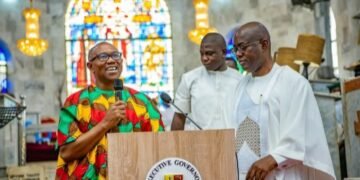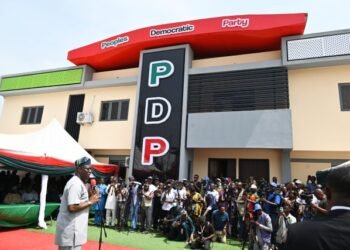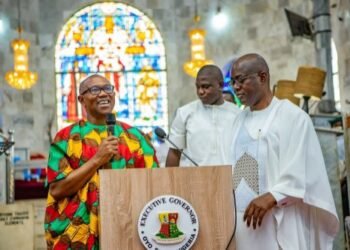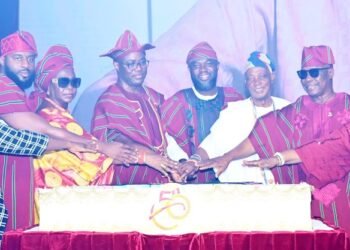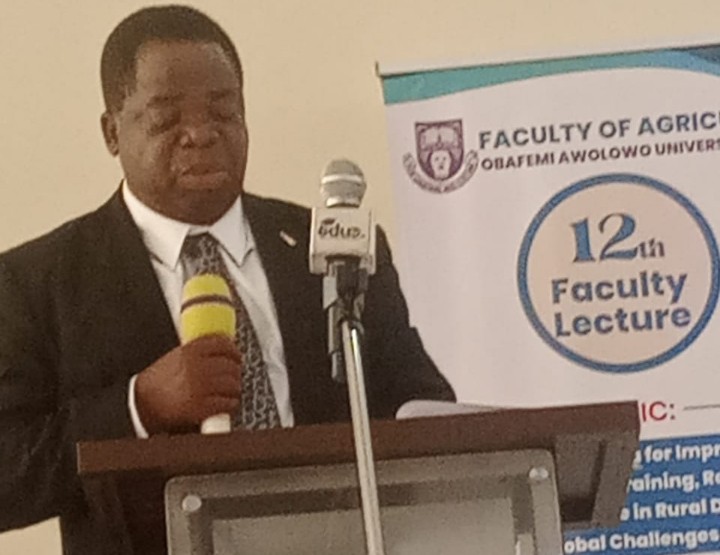PIB: Host Communities Advocate For State-Owned Oil Agency
Host communities of International Oil Companies (IOCs) in Akwa Ibom State are advocating a clause in the Petroleum Industry Bill (PIB) to enable them manage the 13 per cent oil derivation fund through state-owned Oil Mineral Development Commission in the state.
Speaking during the public hearing of the National Assembly Joint Committee on Petroleum Industry Bill (PIB), Chairman of Traditional Rulers of Oil Mineral Producing Communities (TROMPCOM), His Royal Majesty Owong Effiong Achianga, said the 13 per cent oil revenue given to the state in the monthly allocation is managed by governors in the Niger Delta Region without recognition to oil producing communities.
The traditional ruler, who is also the paramount ruler of Ibeno Local Government Area, said: “But the 13 per cent derivation fund is meant for oil-bearing communities and not the state. But unfortunately these oil communities have most times been marginalised, even on money that is meant to be spent on them.”
He said stakeholders in the state have expressed reservations in some provisions of the PIB, passed eight years ago but yet to be accented to by President Muhammadu Buhari and which is currently passing through amendment by stakeholders in the Niger Delta.
Achianga observed that oil producing communities are yet to benefit from the 13 per cent oil derivation to states as governors in the region have arrogated the fund to themselves.
The traditional ruler also expressed reservations over the failure of several states in the Niger Delta, including Akwa Ibom, to establish the oil minerals producing development commission for oil-bearing and impacted communities and called for Federal Government’s intervention.
He said only Akwa Ibom State government has refused to established oil development commission where members of the host communities of oil companies would be members and utilise oil funds to assuage them for impacts of oil exploration activities in their domain.
Other areas for amendment in the bill, as recommended by stakeholders, including host communities of Ibeno, Eastern Obolo and Oron, are technical return of offshore/onshore oil dichotomy; increase in the stake of host communities in NNPC subsidiaries and in the appointment of members into the Host Community Trust Fund Board of Trustees and Management Committees.
Other concerns raised by stakeholders include payment by host communities for damages to oil facilities during crisis, relocation of oil companies’ head offices to their base of operations and non-recognition of Oron communities as oil bearing communities.
Chairman of the National Assembly Joint Committee on PIB, Senator Sabo Naduku, in his opening remark, regretted that the Bill was yet to be implemented, several years after it was passed but expressed the commitment of the National Assembly towards its realisation.
Naduku also reminded stakeholders on the dwindling reliance on petroleum as a source of energy, even as Nigeria has continued to lose her monopoly on production of oil in the West African region.
Akwa Ibom State Commissioner for Power and Petroleum Development, Dr John Etim, regretted that the Bill has not been able to be signed into law due to political considerations and, instead of being useful, has left the industry in a sorry state.
“But the state is keen on making contributions to the success and passage of the Bill. During the public hearing at the National Assembly recently the state presented a memorandum that concentrated on three basic areas of environmental management, host community development and ownership of the various incorporated institutions that the Bill proposes to establish.
“It is also sad to observe that state governments are excluded from the process of appointing members into the various committees and institutions the Bill intends to establish,” Etim explained.
Meanwhile, Akwa State government has defended its position in the management of oil revenues accrued to the state by the Federal Government.
Speaking with newsmen after the PIB public hearing, Governor Udom Emmanuel said oil revenue is used to develop all parts of the state to avoid unnecessary acrimony.
The governor, who was represented by his Chief Of Staff, Akparawa Ephraim Inyangeyen, appealed to the host communities to take what is available for now to form a template for future negotiation .
“Government has to use oil revenue to develop all parts of the state as manifested in massive roads built in all parts of the state, free and compulsory education industrialisation and other facilities provided by government for all,” he said.


